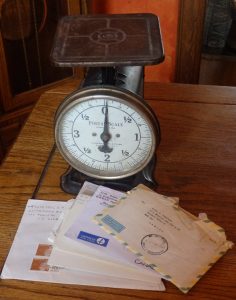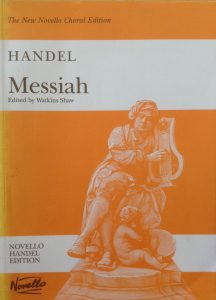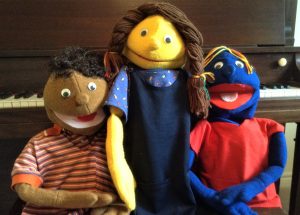
Secrets of Longevity
A coincidence perhaps
or something more . . .
The two most prolific writers of letters
In the nursing home
were both over a hundred.
Neither had families
in this country
or children of their own,
but had faithful loving friends.
They knew the importance
 of keeping in touch
of keeping in touch
and remained disciplined
in corresponding,
showing care and concern for others,
sharing details of their own lives.
A tradition to follow
which holds the secret to longevity.
Today, on her birthday, I would like to take some time to honour my sister Wilma and wish her a long life of much happiness. Though our lives differ in many ways, our family has grieved the loss of two sisters and so our time together is precious to us who remain. I am the oldest and she is still the middle child. We are fortunate to share our family history and an affinity to poetry and literature. Our love of writing fosters a connection that is a special kind of correspondence.
Wilma worked many years in nursing homes as an activity director and her collection “Vignettes on Life” includes observations from, but not limited to, that experience. The poems are snapshots captured of life “from birth to one hundred and two.” Whether she reflects on prosaic circumstances or highlights the pathos of a news story, we realize that we are continually being presented gifts in life, no matter what our age, race, or status.
A poet is a seer who enables us to open our eyes to the wonder and grace and beauty and tragedy all around us. This collection reminds us that we are all part of a common humanity, but we are not alone on the journey.
The book is available on Amazon.com.



